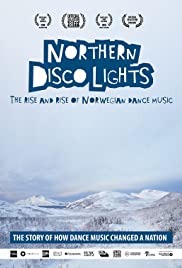
Northern Disco Lights tells the untold story of a group of teenagers in the arctic city of Tromsø, who set off a chain of events that would go on to transform their country. To escape the boredom of growing up in a remote outpost they created their own music scene, setting up radio stations, parties, building synthesizers and making tunes. Word spread as like-minded souls recognised the call to arms and inspired a generation of kids who would go on to change dance music and Norway forever.
You May Also Like

“Boy from the Blaze” is the survivor of a tragic accident that destroyed his life and that of his family. About to turn 18, without a job or an education, he spends his days in the darkness of his room. Consumed by pain and anger, his only hope is writing songs for an imaginary crowd. Inspired by a friend and encouraged by his mother, he will find the strength to go on stage and overcome his fears.
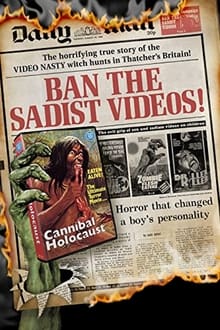
An in-depth analysis of the “Video Nasty” scandal of the early 1980s in Britain.
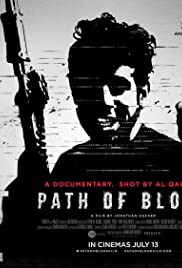
Deep in the Saudi desert, young thrill-seekers at jihadi boot camp sign up to a plot to overthrow the Saudi government. They detonate three horrific car-bombs at Western compounds in downtown Riyadh and become embroiled in a nail-biting game of cat and mouse with government forces. As their plans unravel, they resort to ever more brutal tactics. Exposing the dark side of the human soul, Path of Blood reveals Al Qaeda as you’ve never seen it before. Using a treasure trove of Al Qaeda home-movie footage captured by the security services, this haunting documentary film shows how brainwashed idealism and the youthful pursuit of adventure can descend into madness and carnage.

Naples, Trajan’s district. Initially it was intended for the inhabitants of the shantytowns on the seafront of Naples, who were homeless after the war. But it soon became a kind of ghetto. Alessandro and Pietro are two teenagers who film with an iPhone to tell their difficult neighborhood, their daily life, the friendship that binds them.

Hopkins’ career has spanned several decades, which is why we will also use many interviews that he gave throughout his life, allowing us to put him back into the context of each period and will be helpful in understanding his role in the history of cinema, because he was far from following the trends. He never belonged to any film movement; he is a chameleon that has always preferred natural acting, ‘non-acting’ when method acting was the fashion.
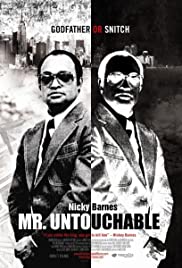
The true-life story of a Harlem’s notorious Nicky Barnes, a junkie turned multimillionaire drug-lord. Follow his life story from his rough childhood to the last days of his life.

In a furiously funny special, Felipe Esparza riffs on his tough-love Mexican mom, keeping a marriage spicy and why dairy is more dangerous than drugs.

In the Cold War years of the 1970s, an American patrol boat meets a Soviet ship off the east coast of the United States for talks about fishing rights in the Atlantic. In the midst of this, while Russian commanders are aboard the U.S. Coast Guard vessel where the talks are being held, a Lithuanian sailor jumps across the ten feet of icy water separating the boats. Crash-landing on the deck of the American ship, he desperately begs for asylum. Though they try, the Americans ultimately fail to provide protection and the Soviets are allowed to capture him and brutally return him to their vessel. Thus begins a stranger-than-fiction story of imprisonment, discovery, fame, and freedom. Through rare archival footage and a dramatic first-person re-enactment of that fateful day by Simas Kudirka, the would-be defector himself, this tale of one of the biggest Cold War muddles takes us on a journey of uncanny twists of fate, and the emotional sacrifices of becoming a universal symbol of freedom.
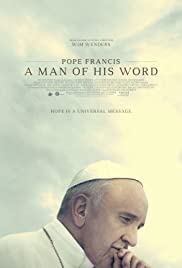
Pope Francis responds to questions from around the world, discussing topics including ecology, immigration, consumerism and social justice.

A meticulous essay on the presence and representation of children in the history of cinema, in which cinematographies from all over the world are analyzed.

We all learned in schools that the WWI began with the assasination of Franz Ferdinand done by a young Bosnian Gavrilo Princip. In fact, the war was brewing much longer.